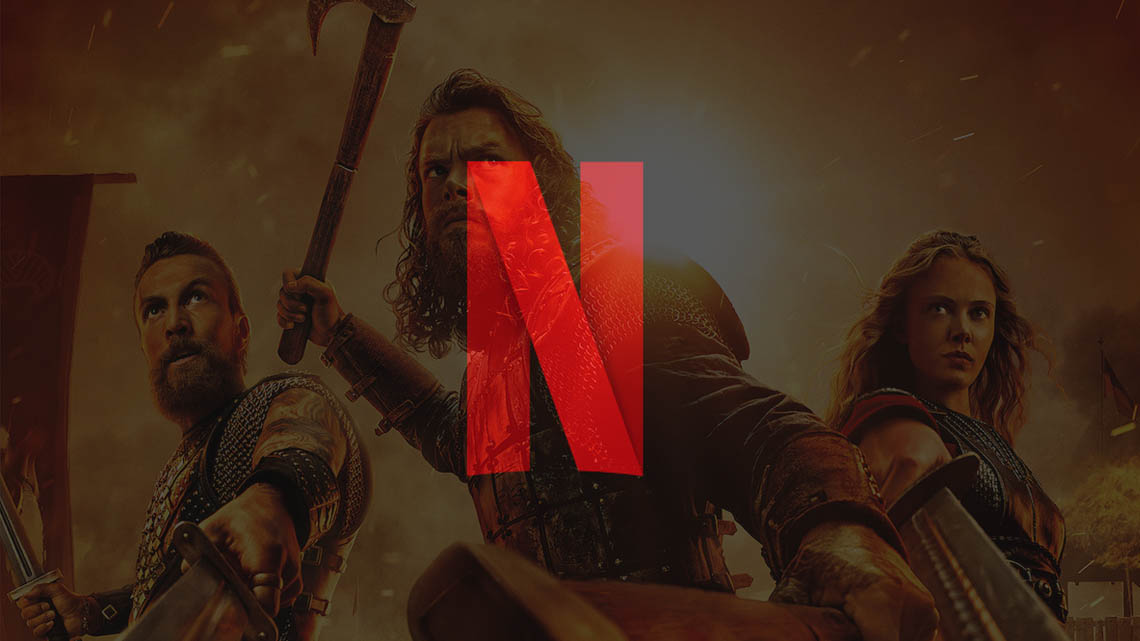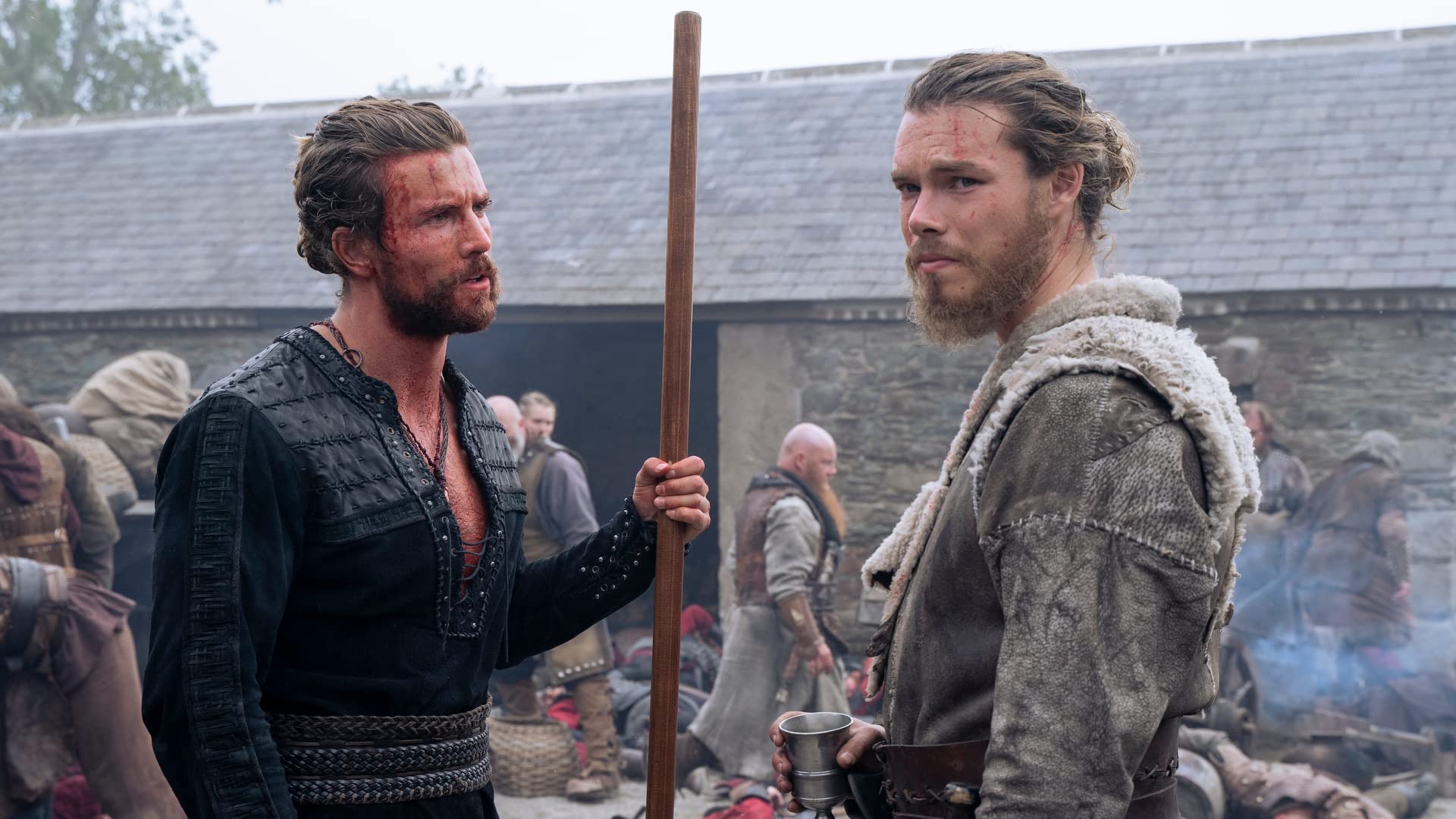Netflix has a new number one show - and it's the end of an era
After three seasons this historical fiction show is coming to an end...


After a fierce fight with surprise superhero hit Supacell, Netflix’s new series has made it to the top spot.
Vikings: Valhalla is Netflix’s number one TV show of the moment, successfully fending off competition from football doc series Receiver and Supacell in the US.
This is the third season of Vikings: Valhalla, and it ties up the entire show and wider Vikings universe.
“It made sense storywise for our Leif, Freydís, and Harald’s voyages to end with our third season. And we really cannot wait for the fans to see the conclusion of this chapter of history,” says co-creator Jeb Stuart.
“I am so grateful to have had three seasons to tell the stories of Leif, Harald, and Freydís. I knew from the beginning that I wanted to show the evolution of how three of the most famous Vikings became the icons we know today, and we have done just that.”
According to Netflix stats the second season of Vikings was watched around 40 million times in 2023, or a total of 233 million hours.

There’s a question mark over whether the end of Vikings: Valhalla at this point was really the creator’s intent, though.
Get exclusive shortlists, celebrity interviews and the best deals on the products you care about, straight to your inbox.
In 2022, star actor David Oakes suggested Stuart had a plan for five seasons of Valhalla, not the three we ended up with.
This would explain why one of the common criticisms of the third season is its rushed feel, and that it leaves some important story questions unanswered.
Not dug into Valhalla yet? It’s a continuation of the History Channel’s Vikings series, broadcast from 2013 to 2020. But this offshoot takes place 100 years later, in the age of Leif Erickson and King Canute.

Andrew Williams has written about all sorts of stuff for more than a decade — from tech and fitness to entertainment and fashion. He has written for a stack of magazines and websites including Wired, TrustedReviews, TechRadar and Stuff, enjoys going to gigs and painting in his spare time. He's also suspiciously good at poker.